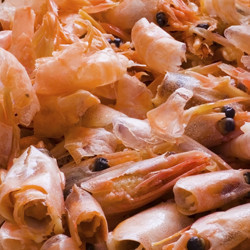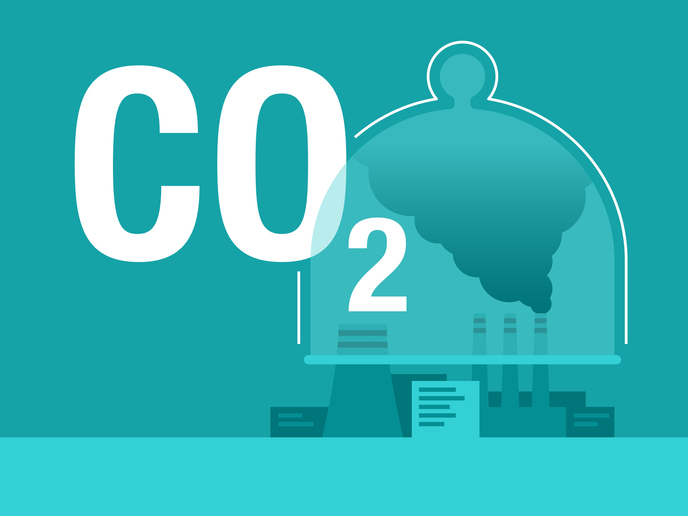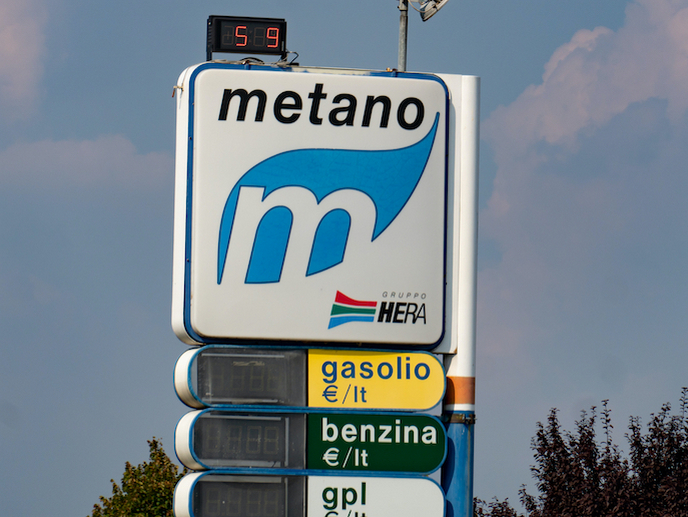Turning shell waste into raw material for chemicals
Europe contributes hundreds of thousands of tonnes annually to discarded seashells. Throwing away these shells wastes all the organic material and energy within them. One component of these shells – chitin – is a sugar-like polymer that could be valuable for biomedical, food industry and chemical production, and even as energy products. The EU-funded CHIBIO (Development of an integrated biorefinery for processing chitin rich biowaste to specialty and fine chemicals) project aimed to determine a use for every component of shell waste and to process chitin in more sustainable ways. More sustainable removal and conversion methods for shell waste and chitin were developed, focusing on European waste such as brown crab. After removing biomass residue from the shells that contains proteins and fats, project partners converted waste and chitin specifically into basic building blocks or monomers by using a biorefinery method. They broke down the chitin present in shells into its basic components, such as glucosamine and N-acetylglucosamine, by using a complete set of enzymes. These components have the potential to be further processed into basic building blocks used to produce various new bio-based polymers. Several promising yeast strains growing on glucosamine were also identified. The team studied the technical feasibility of the novel methods, including purification protocols for various monomers. In addition, it considered commercial viability by performing life-cycle and cost analyses for the entire biorefinery process chain. By using a very economical and environmentally sound strategy for shell waste conversion, CHIBIO is in a position to enhance the sustainability of the biomass processing industry and boost the competitiveness of the European biotechnology industry.
Keywords
Shell waste, chitin, biorefinery, biowaste, monomers







